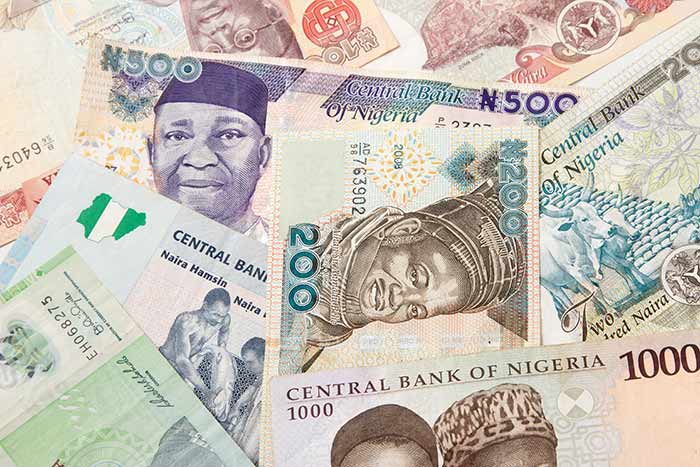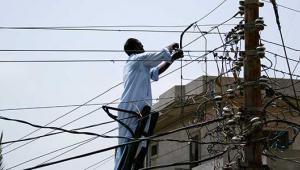web_nigeriannaira_shutterstock_200751113.jpg

Nigerian naira
The loan is the first tranche of a $1bn budget support plan between the bank and Africa’s largest economy, which has fallen into its first recession in 20 years as a result of the collapse in oil prices.
Militant attacks on oil pipelines have also carved a substantial hole in the oil profits that the government relies on for 70% of its revenue.
The AfDB hopes the loan will help to counter myriad issues in Nigeria, despite it filling barely 15% of the government’s shortfall. Nigeria has only raised cash to cover $3bn worth of the deficit.
“We must think through innovative solutions to support our member countries in crisis situations like this,” AfDB president Akinwumi Adesina said. “We must also provide them with the knowledge products to get them back on track.”
The AfDB said the first tranche is aimed at creating fiscal space for the government to implement reforms, combat corruption and diversify the economy away from oil, as well as ensure social spending is targeted at the most vulnerable.
The bank also hopes it will aid the government’s efforts to build a buffer of foreign exchange reserves, which the country has depleted, and ease pressure on the exchange market and stabilise the Naira.
In addition, it continued, the resources will contribute to opening up fiscal space for Nigeria to scale up its infrastructure investments, which made up 30% of this year’s record budget, worth $30bn at the time (before a substantial devaluation of the naira).
Signed before the recession was confirmed, the budget tripled capital expenditure in hopes of stimulating the economy and avoiding a contraction. However, with negative growth now firmly established – output is expected to contract by 1.6% in 2016 – the country is struggling to foot the bill.
The government hopes to raise as much as $15bn through asset sales and is also planning heavy borrowing, especially from abroad. Nigeria has one of the lowest debt to GDP ratios on the continent, at 13.2% of GDP.
That plan suffered a setback earlier in the week when reformist president, Mohammadu Buhari, recently had his $30bn borrowing plan blocked by the country’s senate, reportedly due to lack of information.
He can expect more from the AfDB, however, which plans to lend Nigeria $4.1bn in total over the next two years, and $10bn by 2019.
It said yesterday that a prolonged recession in Nigeria has the potential to severely affect the economies of neighbouring countries in West and Central Africa.
The AfDB also praised Nigeria’s economic programme for its planned expenditure controls, which it said should result in a further reduction in wage bill growth and debt service costs. It should also boost efficiency, transparency, accountability and revenues.
The programme will also strengthen PFM by, for example, creating a bigger tax base and increasing the efficiency of revenue collection and public expenditure, improving energy market competitiveness and fostering social inclusion.
Also this week, the AfDB approved a $995m loan to support industry and energy in Algeria, another oil-based African economy struggling with declining revenues.













